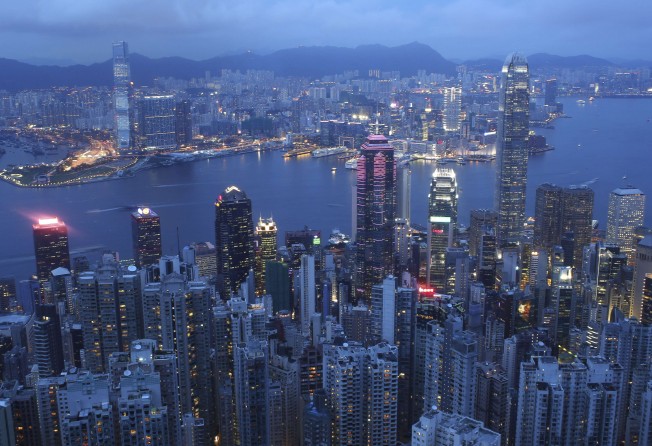China must set ethical standards for its Belt and Road investments
Mimi Zou says Hong Kong, if not Beijing itself, should seize the opportunity to take the lead, given its reputation in corporate governance and the protection of human rights

With some fanfare, the Belt and Road Summit in Hong Kong will take place on Wednesday. The “One Belt, One Road” initiative has been given significant attention by our city’s leaders. The summit will feature panels on trade, finance and infrastructure, though corporate social responsibility isn’t included.
The Belt and Road aims to foster economic connectivity between China and over 60 countries in Asia, the Middle East, Central and Eastern Europe, and Africa. With the rapid expansion of the scale, sectors and destinations of Chinese investment abroad, controversy has been growing over its social impact on host countries. These concerns have been especially acute in countries where the governments are unwilling or unable to assume their responsibilities. Chinese firms investing in these countries have been accused of engaging in poor labour, safety and environmental practices, bribing government officials and violating human rights.
The conduct of Chinese state-owned enterprises and private firms investing along the Belt and Road is likely to be subject to ever increasing international scrutiny. As the initiative also reflects a “soft power” geopolitical strategy for China to expand its role in regional and global affairs, the international community will expect Beijing to ensure its firms act as good corporate citizens abroad. Indeed, unfavourable consequences for China’s image have already prompted Beijing to introduce regulations, guidelines and policies to govern the conduct of Chinese firms investing abroad. A handful of corporate social responsibility schemes and codes of conduct have also been adopted by Chinese firms and industry groups.
With the Belt and Road initiative, China is pursuing a new development strategy that will broaden its role in global markets and production networks as well as its potential geopolitical influence. How it will shape the governance of labour, safety and environmental standards on a global scale is a critical issue. Could China become a new standard setter? Or will Chinese firms drive a race to the bottom in weak governance zones?
The failure of the Hong Kong summit to address these critical issues is a regrettable omission. Hong Kong has long been recognised as a standard setter for corporate governance and human rights in the region, as well as a platform for supporting China’s “Going Out” strategy. It is time to talk about the opportunity to work with Beijing to ensure Xi’s initiative enhances the well-being of all communities on the Belt and Road.
Professor Mimi Zou is associate director of the Centre for Rights and Justice at the Faculty of Law, the Chinese University of Hong Kong